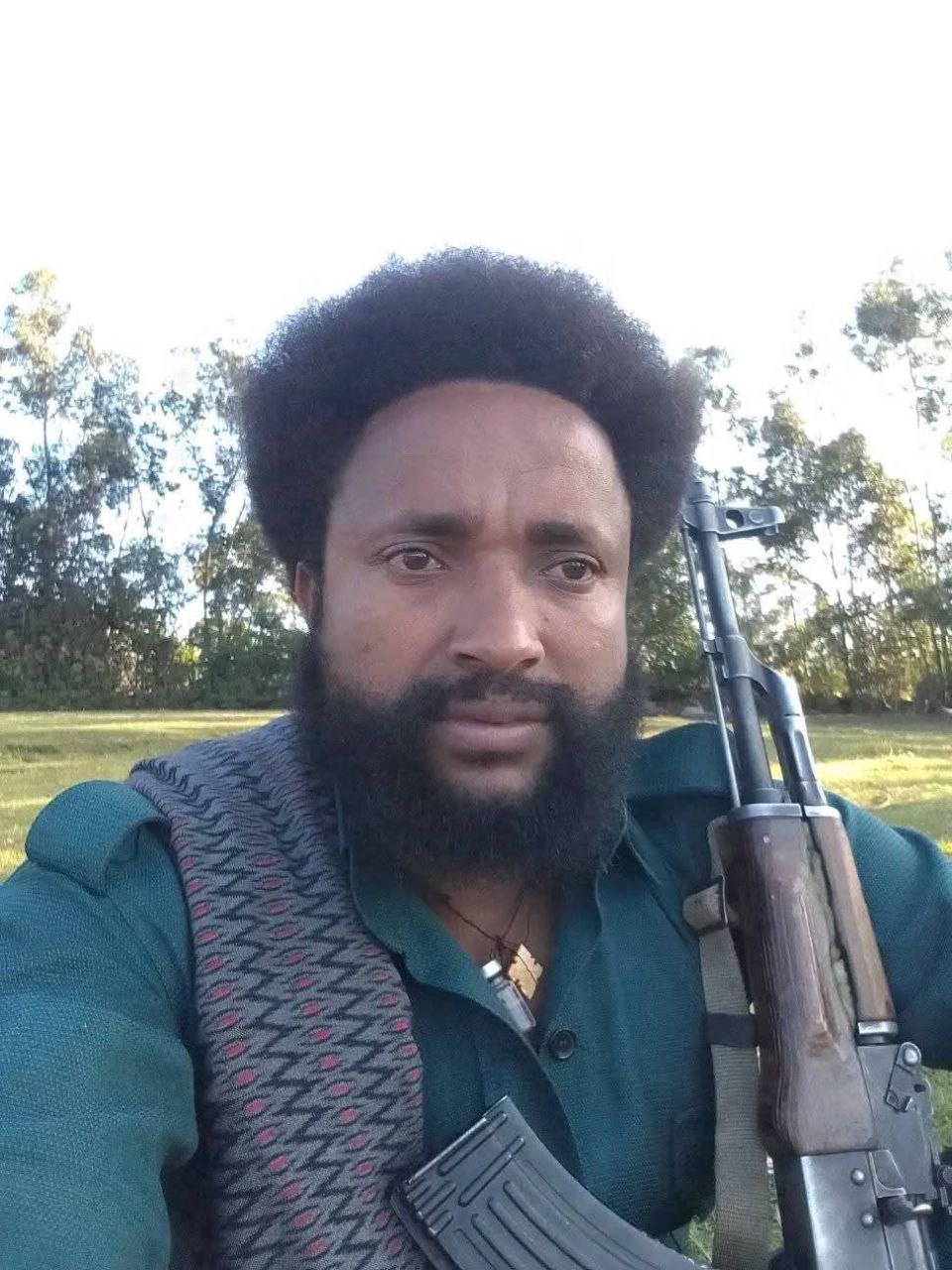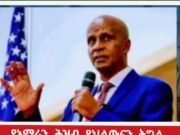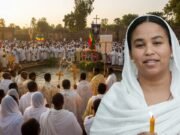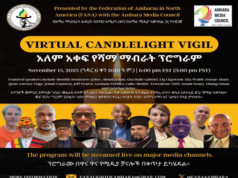Zone9ers’Trial’
Why does a country of about 90 million populations (Second in Africa next to Nigeria) with an Internet penetration of less than 2 percent need to criminalize an online free speech? It looks absurd right? Not exactly, considering government of Ethiopia’s inherent feudalistic desire to grip on every bit of information in the society criminalizing an online freedom of speech is something that is unexpected.
The Ethiopian government’s record in handling the issues of freedom of expression which are enshrined in its own constitution is dreadful and it is reprehensible for a government that pride itself for lifting millions of people out of ‘poverty’. The issue of lifting millions of people out of poverty is dubious and it is usually calculated using data that comes from a statistical authority which is in the pocket of the ruling party. (More on that later) The matter is well documented in various researches and reports. Here is how the Ethiopian government rolls on the research reports. Understandably the reports are all from foreign based NGOs or members of Western academic institutes as there are neither academic nor civil society organizations which are allowed to operate freely in Ethiopia.
While the rest of African countries are enjoying a relatively superior level of access to the global information system via the Internet the monopolistic control of EthioTelecom, the only ISP in the country, by Ethiopian government hinders access to the majority of Ethiopians. The government claims that they are holding on the telecom sector because they believe it is only government not the private sector which can work towards realizing the objective of universal access of the Internet. But is the Ethiopian government working for the objective they set for themselves as achieving universal access of the Internet? Forget the cut-off date for the realization of this objective and the answer is no. Studies frequently have shown that beside meager level of access to telecom services the quality of the service is dreadfully bad.
The perseverance of such bad services is not without cause and for a detailed analysis of one of the cause which is corruption, see the WORLD BANK’s chapter eight report of the 2013. Corruption in the Telecommunications Sector in Ethiopia: A Preliminary Overview.
Most of the current news reports on the matter exclusively focused on describing the repression of journalists and bloggers and their report is about episode in time, with less or no political and social context of the country in which the media operates. A Sub-Saharan African media expert and journalism professor, Terje S. Skjerdal professor at Gimlekollen School of Journalism and Communication, Kristiansand, Norway has made Ethiopian media and journalism his fiefdom of study over a number of researches now, aboutEthiopia’s censorship, the roles of Ethiopian States in keeping media under their grip, about digital diasporas, about the fine between journalism and activism. In 2012 with his PhD thesis Terje show how journalism values are in a constant conflict in Ethiopian state media culture. They are all worth reading.
Even though too few there have been some excellent research reports about Ethiopia’s new media politics and repression. In this regard Iginio Gagliardone’sNew media and the developmental state in Ethiopia is a superb piece of research report which tries to put the repression of the new media in perspective. The annual Freedom House report titled Freedom on the Net is a good starting place for those want to have a contextual understanding of the repression.
Elsewhere, if someone wonders to know the legal protection of freedom of expression, there are two papers worth your time. In 2010 Gedion Timothewos has written about the jurisprudential dearth of freedom of expression in Ethiopia. Despite a poplar claim that says freedom of expression has at least a constitutional protection Gedion argues there are fairly high amount of limitations imposed on freedom of expression in Ethiopia through duly enacted laws .It available here. The other one is Tracy J. Ross’s paper which analyses Ethiopia’s press law. You can read it here.



























